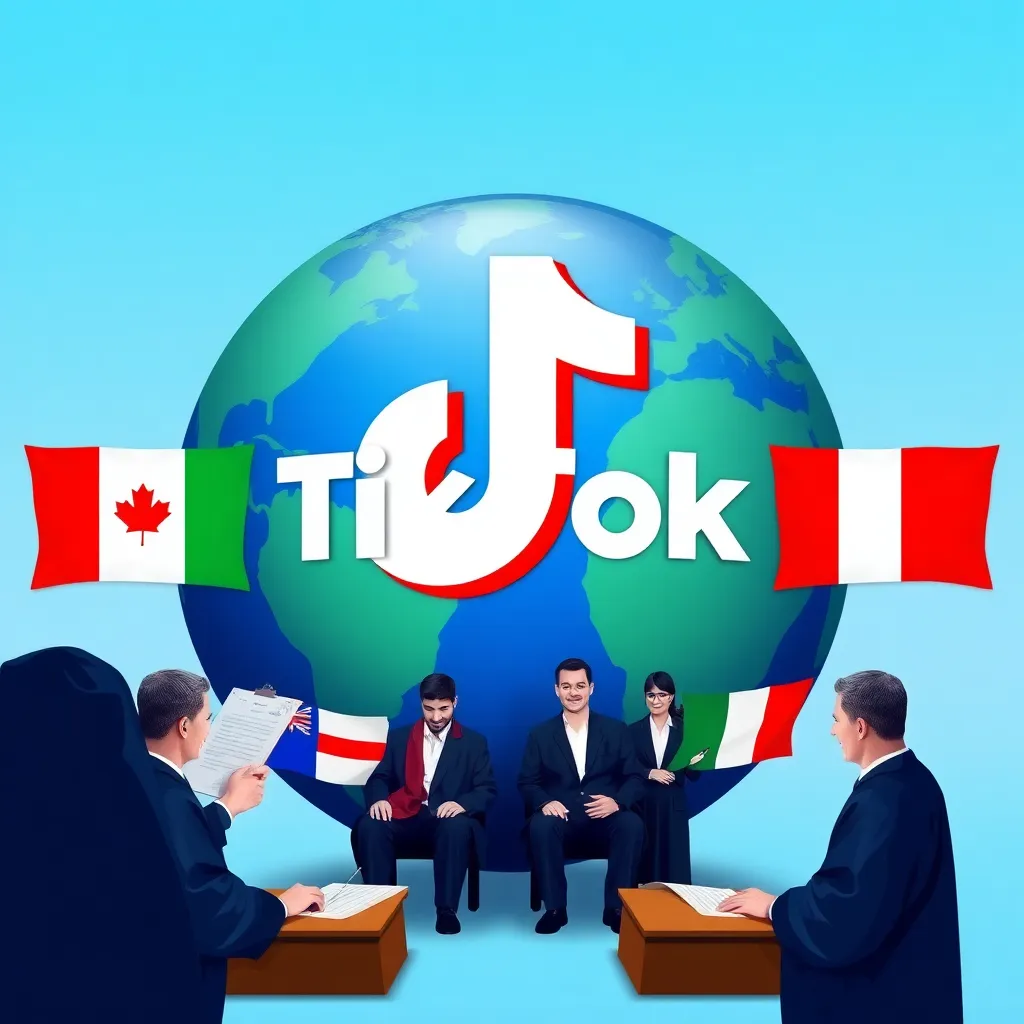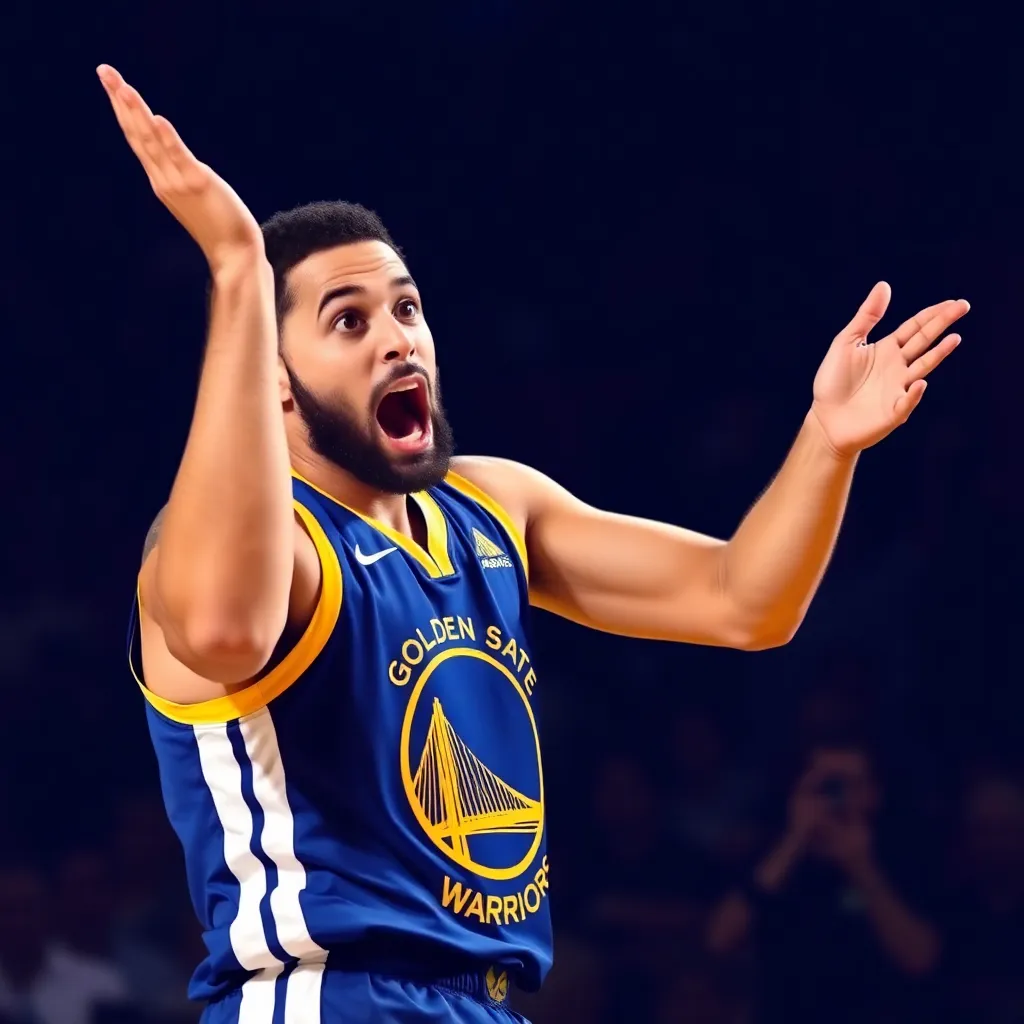
TikTok’s Global Legal Battles: A Comprehensive Overview
As TikTok faces the threat of a ban or forced sale in the United States, the social media giant is also embroiled in a series of legal battles around the world. While the US case has garnered significant attention, TikTok has been waging other fights for several years, navigating complex regulatory landscapes and defending its interests in various jurisdictions.
Challenges in the US
The US government’s Committee on Foreign Investment in the United States (CFIUS) has been investigating TikTok’s acquisition of Musical.ly, a social media app popular among teenagers, citing concerns about data security and potential ties to the Chinese government. In response, TikTok has filed a lawsuit against the US government, arguing that the CFIUS investigation is unlawful and that the company has taken adequate measures to protect user data.
Global Litigation
TikTok’s legal battles extend far beyond the US, however. In India, the company has challenged a ban on its app, which was imposed in June 2020 citing national security concerns. TikTok has argued that the ban is arbitrary and unconstitutional, and has sought to have it lifted.
In Europe, TikTok is facing scrutiny from regulators over its handling of user data. The company has been accused of violating the EU’s General Data Protection Regulation (GDPR), which governs the collection and use of personal data. TikTok has denied any wrongdoing and is cooperating with regulators to address their concerns.
Regulatory Challenges
TikTok’s global expansion has also raised regulatory challenges in other jurisdictions. In Australia, the company has faced criticism over its handling of hate speech and online harassment. In response, TikTok has implemented new policies and procedures to address these issues, including partnering with local organizations to promote online safety.
In Southeast Asia, TikTok has faced challenges from governments seeking to regulate online content. In Indonesia, for example, the company has been forced to remove content deemed “negative” or “inflammatory” by the government. TikTok has complied with these requests, but has also sought to engage with regulators to promote greater transparency and consistency in content moderation.
TikTok’s global legal battles reflect the complex and rapidly evolving regulatory landscape facing social media companies today. As the company navigates these challenges, it must balance its commitment to free expression and online safety with the need to comply with local laws and regulations. While the outcome of these battles is uncertain, one thing is clear: TikTok’s global reach and influence will continue to shape the future of social media and online governance.






